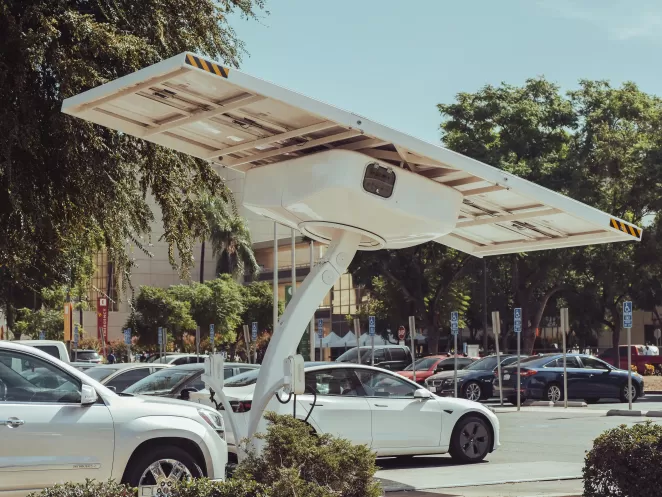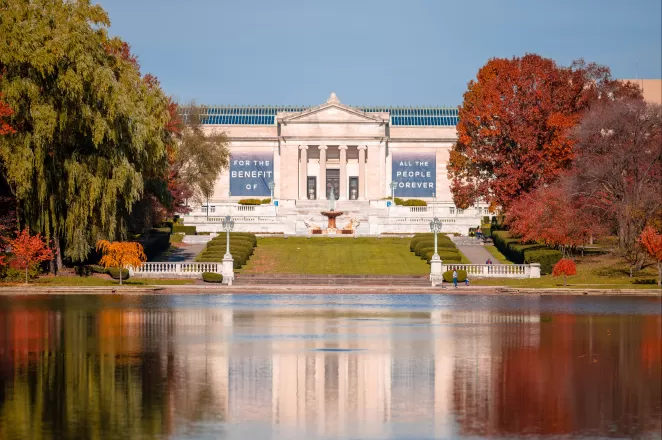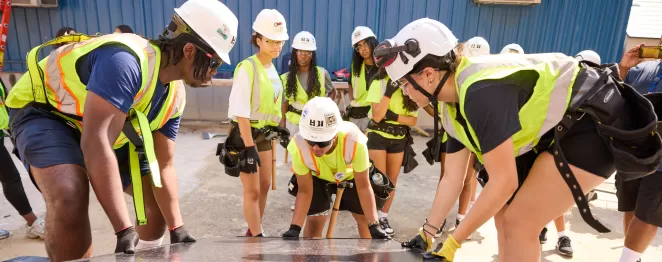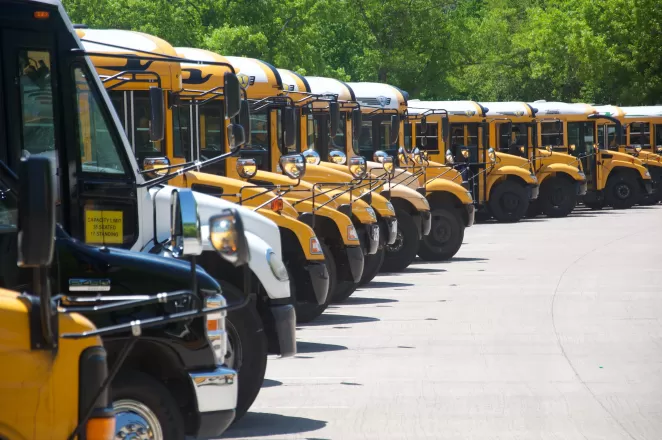Oak City Baptist Church Serves Their Community In Times Of Need
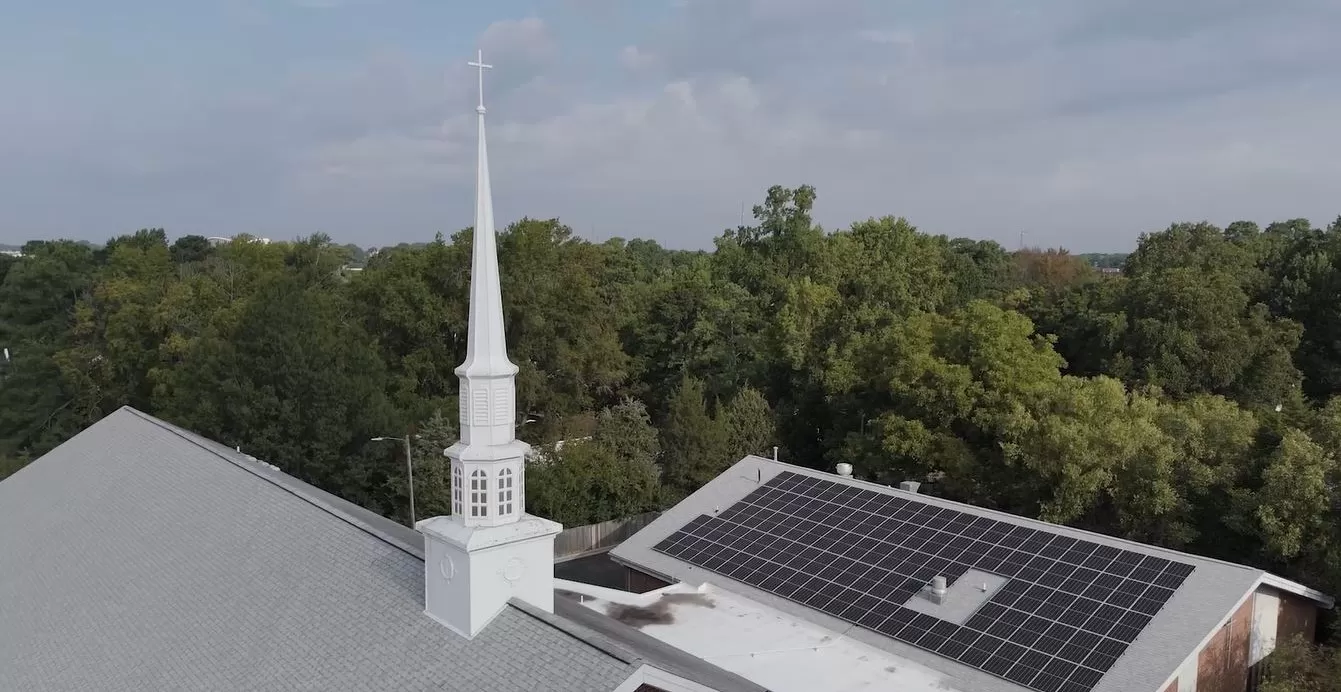
Oak City Baptist Church began in 1865, with meetings held in various homes in Raleigh's historic Method Community. The church and community were formed after the Emancipation when former slaves built their own homes in the neighborhood. The community was first called "Slave Rent," then "Slab Town," before finally being renamed Method after a post office was established in the area.
The congregation of Oak City Baptist is made up of people of many generations. Many are the descendants of those original families, and even more new members who have been drawn in by the friendliness and faithfulness of the church.
Their neighborhood is on the outer edge of Raleigh, just west of North Carolina State University. Like many historic communities of color, Method suffers from regular power outages. In an effort to protect their congregants from the ongoing threat of Covid-19, Oak City Baptist invested in streaming infrastructure so that their worship service would be available to everyone, but streaming technology requires reliable power.
On New Year’s Eve 2022, the pastor and worship team were preparing to broadcast a service to worshippers online when the neighborhood’s electricity failed. Record low temperatures across North Carolina had overtaxed the power grid and caused outages for hundreds of thousands. The extreme cold not only halted the service and the workstream, but left many in the community who rely on electric heaters in real peril.
To continue serving their community in the face of power grid uncertainty, Rev. Newkirk and the other Oak City Baptist leaders knew they needed a better solution. Patrick McNair, the head of the congregation’s technology team, suggested solar panels and battery storage to meet their challenge.
The solar panels were a great fit for the church. Thanks to a rebate from their power company, Duke Energy, and the support of the congregation, Oak City Baptist put together funding for the project quickly. They worked with a local installer and set up their photoelectric generation system to power their facilities, completing their project by the following spring.
Oak City Baptist is now prepared to support their neighbors in times of power outages with air conditioning or heat, refrigeration, and a place to charge phones and computers. The congregation is also saving hundreds of dollars a month on their monthly utility bills. According to Rev. Newkirk, the solar project will pay for itself within five or six years, and after that, the extra money may be put toward funding the congregation’s faith work, including their youth ministry and local food pantries.
Oak City Baptist is not resting on their laurels though. They are looking to add energy storage to their solar system. This would ensure they always have their own reliable power source to serve their neighborhood – even when the sun isn’t shining. Battery storage funded by the Inflation Reduction Act could allow the church to go even further in supporting their neighbors.
The congregation also wants to serve as an example for other faith communities that are curious about solar power, by demonstrating that funding these projects is feasible. Now that the Inflation Reduction Act refunds 30% or more of the cost for houses of worship adding solar infrastructure to their buildings, communities of faith like Oak City Baptist may easily reap the benefits of renewable power, cheaper utility, and energy independence.

